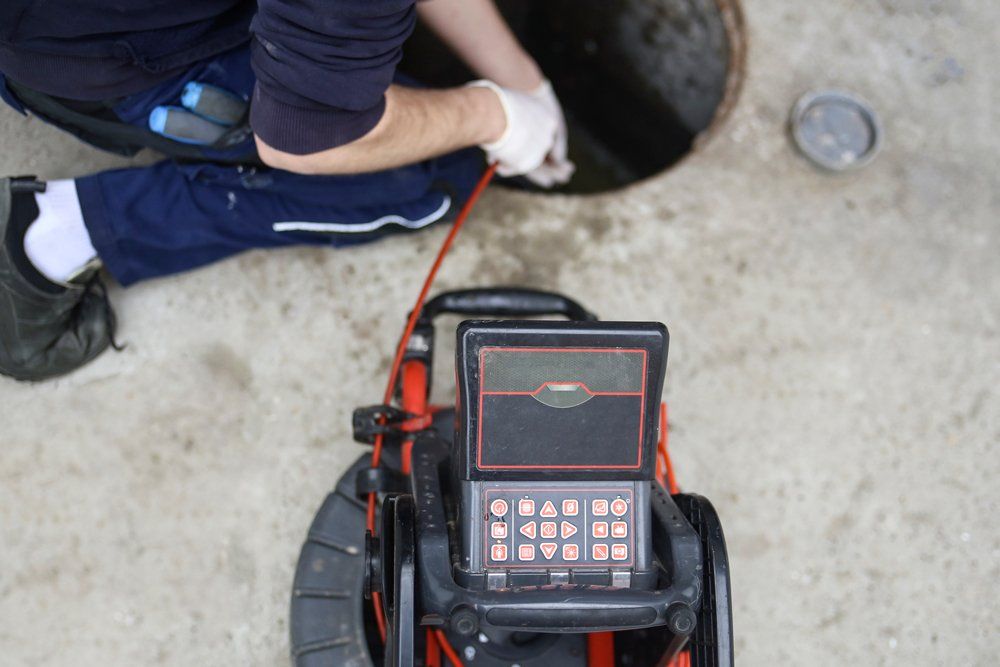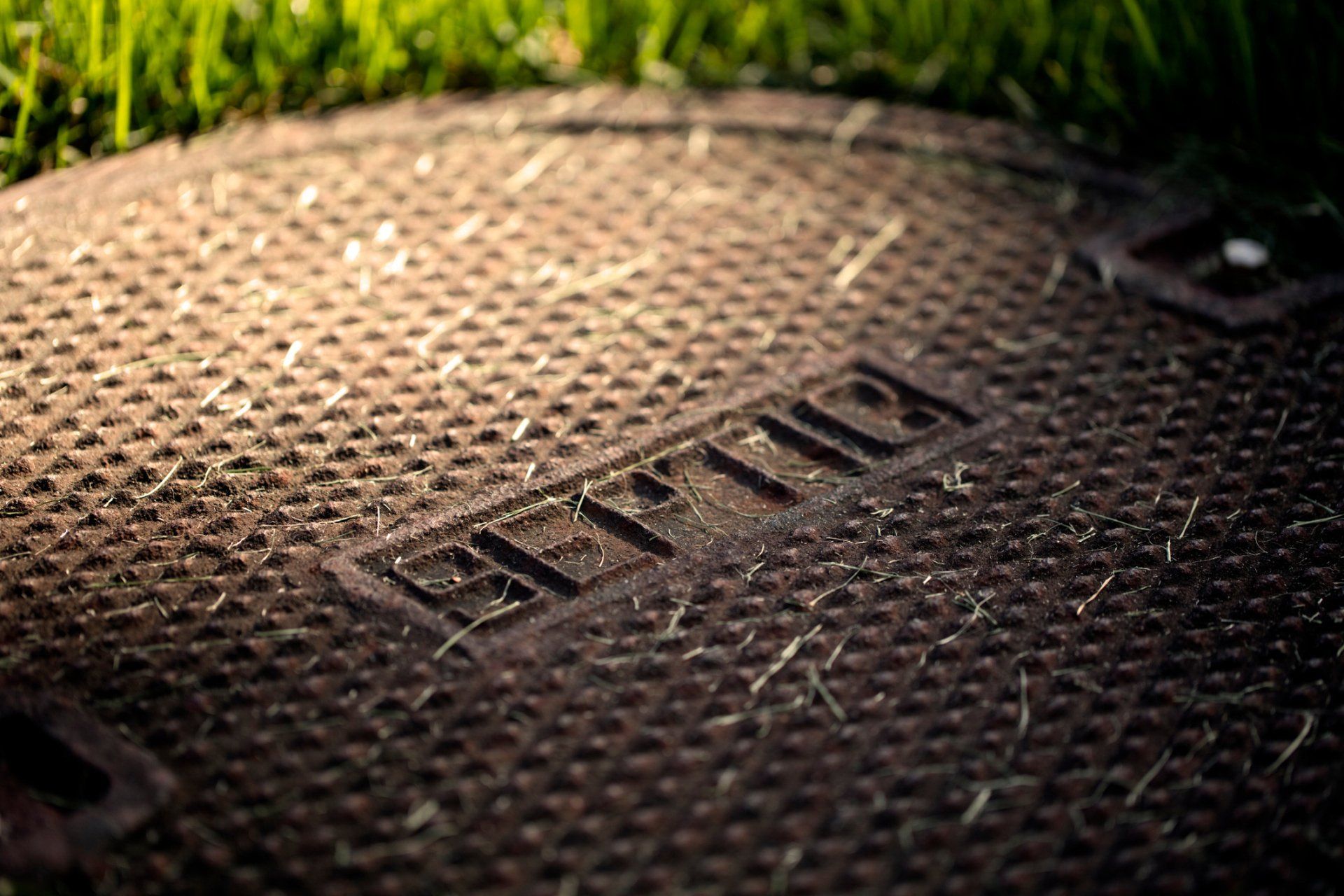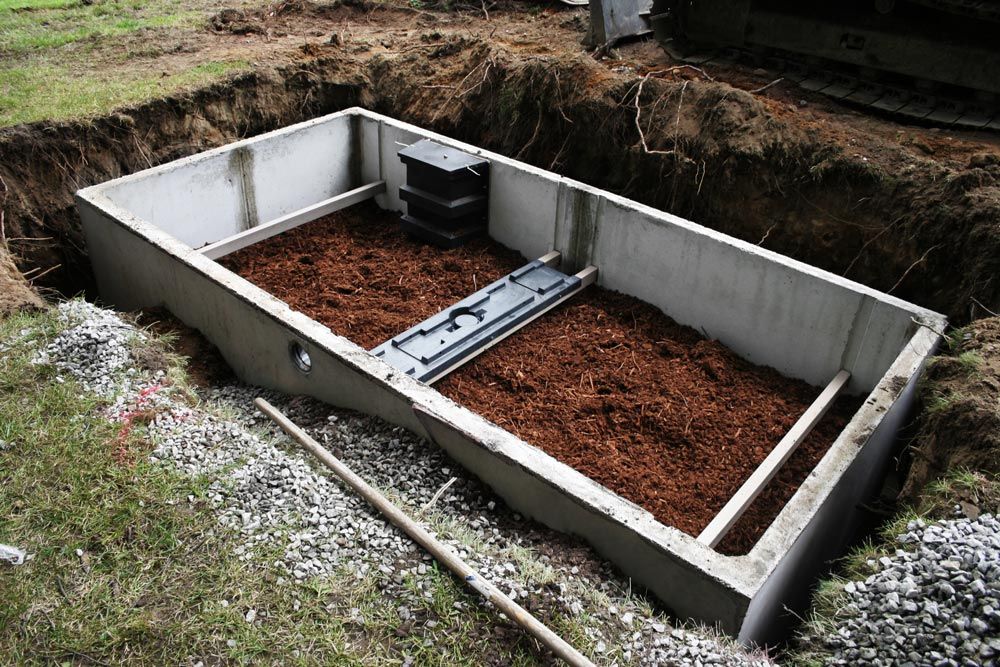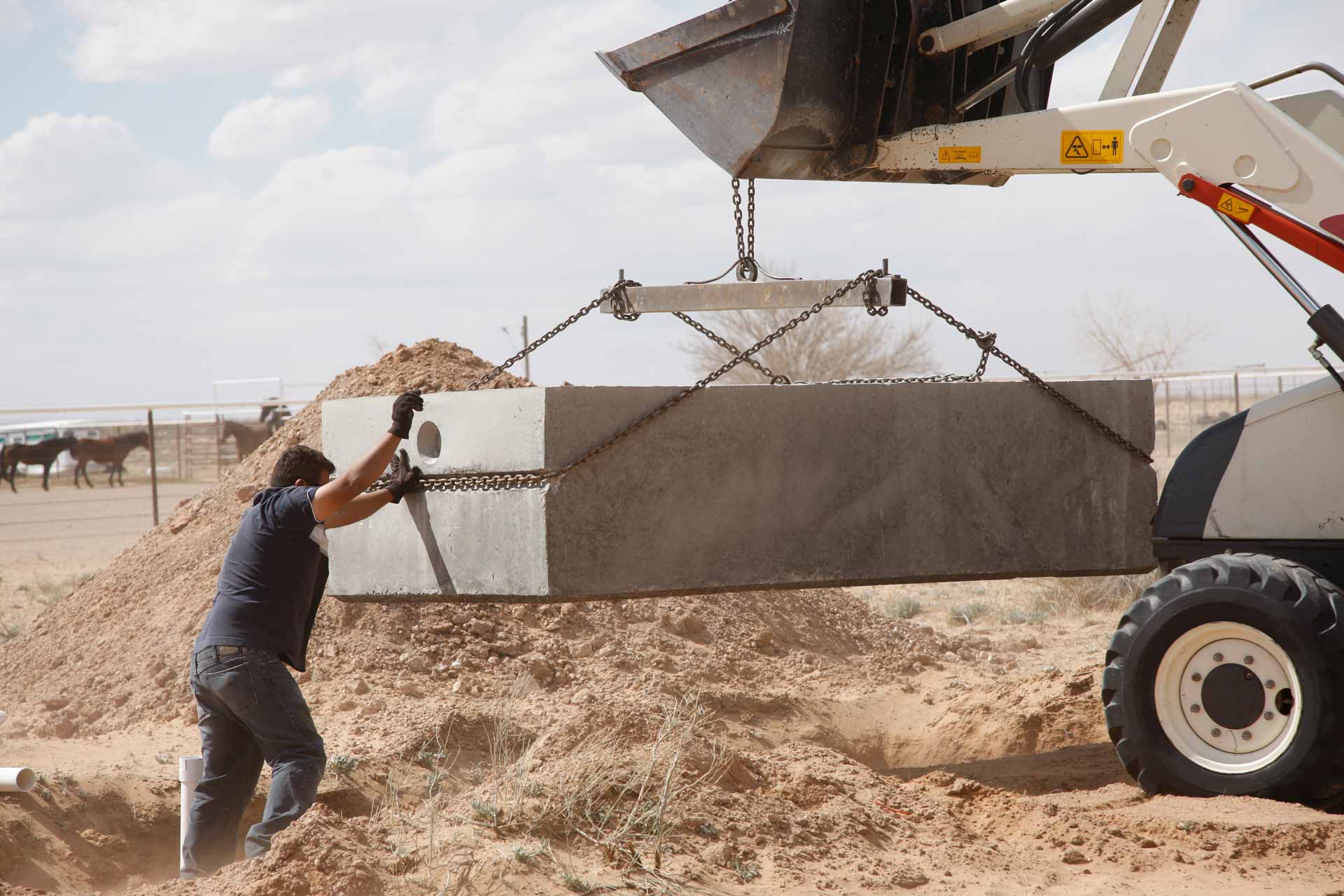Septic Systems: An FAQ
- By Admin
- •
- 07 Jan, 2021
- •
Many homes connect to the city sewage system, but rural homes may not have that option. For this reason, many homeowners use septic tanks. In fact, many homeowners prefer using a septic system over city sewage. If you would like to learn more about septic systems to see if one is right for you, keep reading.
Why Choose a Septic Tank Over City Sewage?
For many reasons, homeowners choose a septic tank system instead of using the city sewer system. First, some homes don't connect to the city sewage system. If that's the case, you'll have to pay to expand the plumbing from the city to your home, which becomes a costly endeavor.
Other people prefer having more control over their sewage system. If you connect to the city sewage system, you have no control over when workers decide to upgrade or change the system, which can impact your home. With a septic tank, however, you plan all the repairs and maintenance, so it works for your schedule.
Finally, some people prefer septic tanks because they are an eco-friendlier alternative. One reason for this is the drainfield and leach field, which strains the waste. By the time it reaches the soil, the water no longer contains dangerous bacteria.
In a city sewage system, however, leaking pipes are at a higher risk of letting contaminated water reach groundwater. As an added benefit, the nutrients from the effluent that goes into the soil helps local plants and animals.
Do You Have to Do Anything Differently With a Septic Tank?
Many people shy away from septic tanks because they assume they require a lot of changes, but most changes are simple: be mindful about what you put down the drain and try to conserve water. Even if you connect to the city sewage system, you shouldn't flush random material down the toilet like coffee grounds, paper towels, or kitty litter because it can clog the pipes.
However, with a septic system, these materials can also impact the tank by filling it with solid materials that can't break down. As a result, your tank will fill up faster than normal. This is also the same reason you should start conserving water with a septic tank. Too much water too fast can cause the tank to overflow because the water can't drain fast enough.
Also, don't put household chemicals down the drain. These chemicals may be great at unclogging clogs or keeping the pipes clean, but they can also kill the bacteria in your septic system. This bacteria is necessary to break down the solid waste.
How Much Does a Septic Tank Cost to Buy and Maintain?
To purchase and install a new septic system, expect to pay between $2,000 and $5,000. Depending on local labor rates and material availability, you may have to pay more. You will also need to pay for regular maintenance, such as emptying the tank as necessary.
Forgetting to maintain your septic system can lead to serious consequences. In particular, the tank could overflow, which not only makes a smelly mess but also could be a health and safety concern for adults, kids, and pets alike.
This may make septic tanks seem like the more expensive option, but in the long run, you can actually save money. A well-maintained septic tank lasts a long time, and you don't have to pay to use it. With city sewage, you have to pay a monthly fee just because you connect to the city sewage system. If you end up making a lot of waste, you may have to pay more.
Septic tanks require more maintenance on your part, but that just means you're in control of when and what to maintain. While they may cost you more upfront, you have no monthly fee, which can save you money in the long run. If you would like to learn more about how to maintain a septic system, contact us at Pete's Outflow Technicians today.









